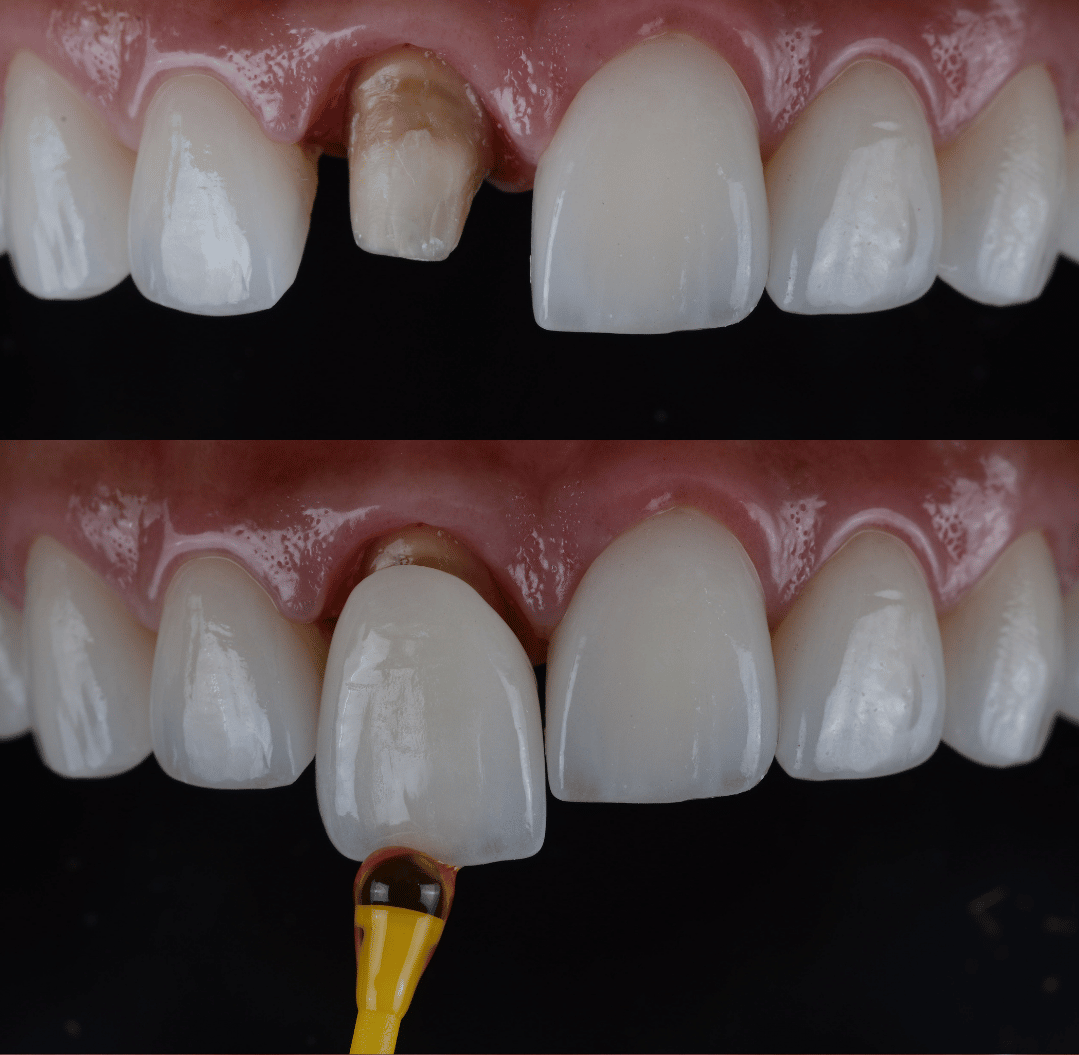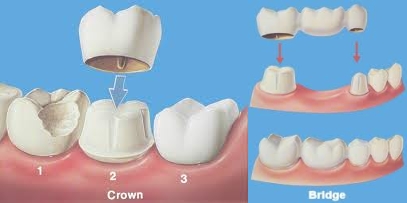Introduction
Dental crowns are a common dental restoration procedure that can help restore the function and appearance of a damaged tooth. They are custom-made caps that are placed over a tooth to cover and protect it. Dental crowns can be made from various materials such as porcelain, metal, or a combination of both. This blog post aims to provide a comprehensive understanding of dental crowns, including when and why you might need one.
What are Dental Crowns?
Dental crowns, also known as caps, are dental restorations that cover and encase a damaged or decayed tooth. They are custom-made to fit over the entire tooth, from the gum line to the chewing surface, providing strength, protection, and an improved appearance.
When Might You Need a Dental Crown?
There are several situations where a dental crown may be recommended by your dentist:
1. Tooth Decay:
When a tooth is severely decayed and a filling is not sufficient to restore its structure, a dental crown may be necessary. The crown helps to protect the tooth from further damage and restores its functionality.
2. Cracked or Fractured Teeth:
If you have a cracked or fractured tooth, a dental crown can hold the tooth together and prevent further damage. It provides stability and strength to the weakened tooth structure.
3. Root Canal Treatment:
After undergoing a root canal procedure, the affected tooth becomes more brittle and prone to fractures. A dental crown is often placed over the treated tooth to protect it and restore its strength.
4. Large Fillings:
When a tooth has a large filling, it may weaken the tooth structure over time. Placing a dental crown over the tooth helps to reinforce and protect it, reducing the risk of fractures.
5. Cosmetic Purposes:
Dental crowns can also be used for cosmetic purposes. They can improve the appearance of misshapen, discolored, or severely stained teeth, enhancing your smile and boosting your confidence.
The Dental Crown Procedure
The process of getting a dental crown typically involves multiple steps:
1. Consultation and Examination:
Your dentist will examine your teeth and determine if a dental crown is the right treatment option for you. They will discuss the procedure, benefits, and potential risks with you.
2. Tooth Preparation:
The tooth receiving the crown will be prepared by removing a small portion of its outer structure.
Summary
Dental crowns are versatile dental restorations that can be used for various reasons. They are typically recommended in the following situations:
- When a tooth is severely decayed or damaged and cannot be restored with a filling
- After a root canal treatment to protect the weakened tooth
- To cover a dental implant
- To improve the appearance of a misshapen or discolored tooth
- To strengthen a tooth that has undergone a large filling
By placing a dental crown, your dentist can help restore the functionality and aesthetics of your s important site mile. It is important to consult with a dental professional to determine if a dental crown is the right solution for your specific dental concern.
- Q: What is a dental crown?
- A: A dental crown is a tooth-shaped cap that is placed over a damaged or decayed tooth to restore its shape, size, strength, and appearance.
- Q: When might I need a dental crown?
- A: You might need a dental crown if you have a tooth that is severely decayed, cracked, or weakened. It can also be used to cover a dental implant or support a dental bridge.
- Q: How is a dental crown placed?
- A: First, your dentist will prepare the tooth by removing any decay or damage. Then, they will take impressions of your tooth to create a custom crown. The crown is then placed over the tooth and secured with dental cement.
- Q: How long do dental crowns last?
- A: With proper care and maintenance, dental crowns can last between 5 and 15 years. However, their lifespan can vary depending on factors such as oral hygiene practices and the amount of wear and tear they are exposed to.
- Q: Are dental crowns noticeable?
- A: Dental crowns are designed to match the color and shape of your natural teeth, making them virtually indistinguishable. They blend in seamlessly with your smile, so they are not usually noticeable.
- Q: Are there any risks or complications associated with dental crowns?
- A: While dental crowns are generally safe, there can be some risks and complications. These may include tooth sensitivity, allergic reactions to materials used, or the crown becoming loose or falling off. It is important to discuss any concerns with your dentist.

Welcome to my website! My name is Tyson Schulz, and I am a dedicated and passionate professional Pediatric dentist. With years of experience in the field, I have had the privilege of helping countless children achieve and maintain healthy smiles.



